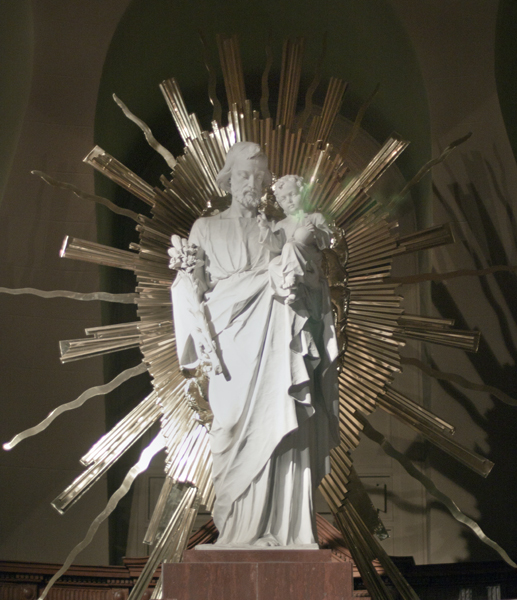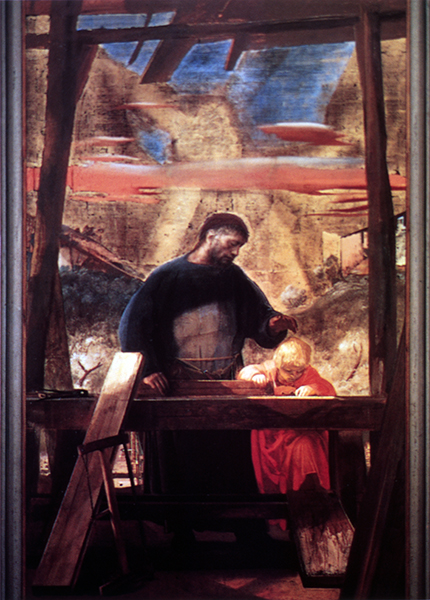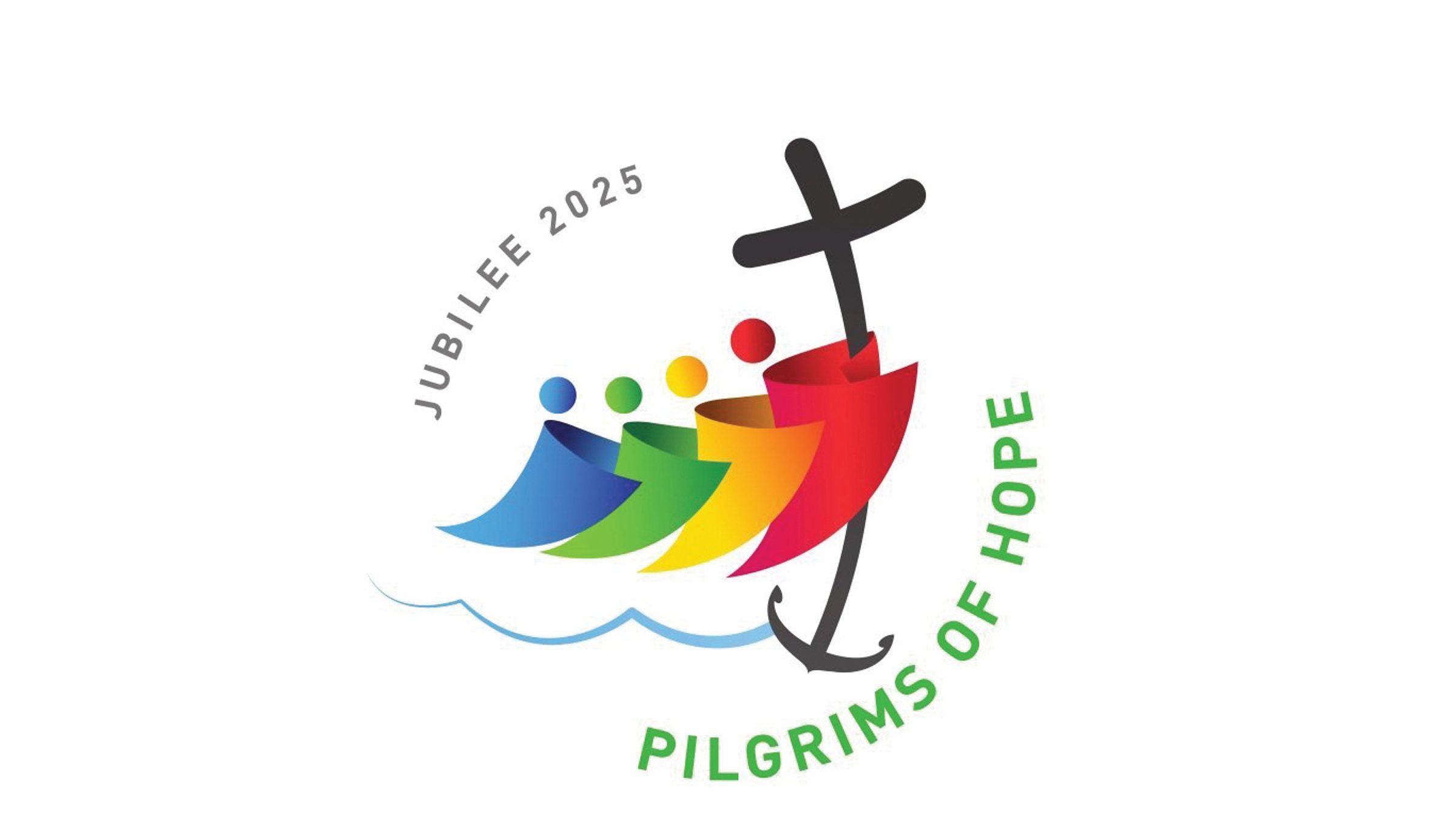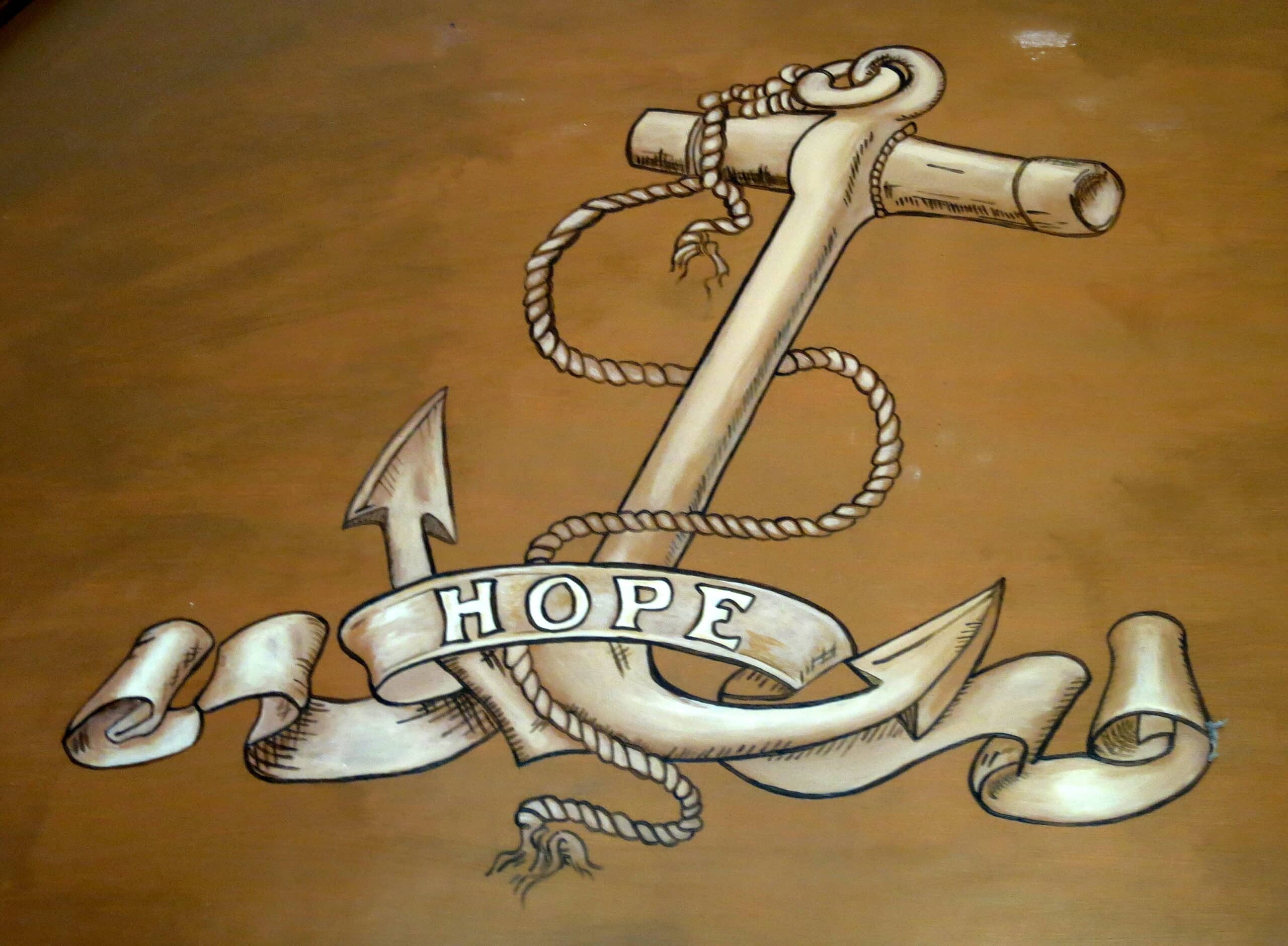Greetings my brothers and sisters,
The title of this article might have caused you to think twice. What does the one have to do with the
other you might ask? Well, I am glad you asked! Both the proclamation of St. Joseph as Patron and
Protector of the Universal Church and the dogma of Papal infallibility took place at the First Vatican
Council in 1869-1870. Both of them were given at a very particular time in the Church’s history. The
Pope had already lost most of the temporal power he had held for centuries over the Papal States and
would soon be made a prisoner in the Vatican when failing to concede the city of Rome to the newly
formed Italian State. In fact, the First Vatican Council was not officially adjourned until right before the
beginning of the Second Vatican Council in 1962 because the First Council was interrupted by the
invasion of Rome by Garibaldi and his troops! No wonder the Church saw the need for protection!
The proclamation of St. Joseph as Patron of the Universal Church took place on December 8, 1870. The
city of Rome had already fallen to the “Risorgimento” and the Pope, Blessed Pius IX, was no longer
recognized as the temporal power. In such a situation, he felt it necessary to call upon Divine Assistance
and who better to invoke than the one to whom God had entrusted his most precious treasures, St.
Joseph, spouse of Mary, the Mother of God, and father to Jesus, the Son of God and Redeemer of
humanity. We can also call upon St. Joseph as our protector when we feel we are being assailed by the
powers of evil and by our own inclination to sin. St. Joseph will seek to watch over and guide us as he did
for Jesus. We have only to trust in his protection and guidance as did Jesus and Mary. This is especially
true as regards discerning our vocation. Jesus certainly was assisted by Mary and Joseph in coming to
know of his vocation as Redeemer of humanity. We can do no better than to ask their assistance in our
discernment.
In my article last month, we had considered the gift of authority which God had bestowed on the Church
through the ministry of the apostles and their successors the bishops. Briefly, the infallible aspect of this
authority was considered, citing the Catechism of the Catholic Church , #890, which states in part,
“Christ endowed the Church’s shepherds with the charism of infallibility in matters of faith and
morals.” This dogma of infallibility was proclaimed, as I mentioned, during the First Vatican Council.
Certainly, prior to this proclamation, the idea of infallibility in apostolic authority was held by many
though not having been officially proclaimed. It was now being codified in order to assure the People of
God that though the Pope had lost temporal power, he had not lost his spiritual power to lead and guide
and that they could still trust in this guidance. We saw also that our vocation discernment is in need of
this guidance as well. We come to know our vocation in and through the Church.
St. Joseph Marello was present at the First Vatican Council as the secretary to the Bishop of Asti, Carlo
Savio. After the proclamation of papal infallibility on July 17, 1870, he wrote:
Certainly for a believer there is no greater joy that is felt than this which the Lord has sent to us –
the moment that the Supreme Pontiff was crowned with glory and the prerogative on which
perhaps depend the most vital interests of the Church was assured to him. Ah, we know by
faith that all is providence here on earth – and this faith is the victory that conquers the world.
Can we doubt that it was necessary to have this supreme recognition of the infallible
Magisterium of the successors of Peter in our times?
In our times as well, the assurance that the official authority in the Church has the infallible guidance of
God in matters of faith and morals is important. We must never doubt that God will guide us to our
vocation, in part, by their hand and under the Patronage and Protection of St. Joseph.
St Joseph, Protector of the Universal Church, pray for us.
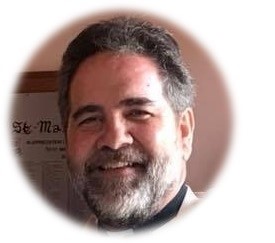
Fr. Brian, OSJ

